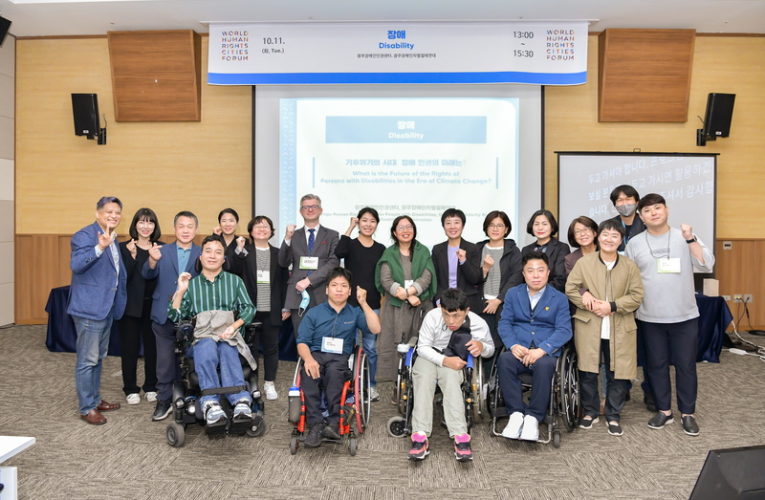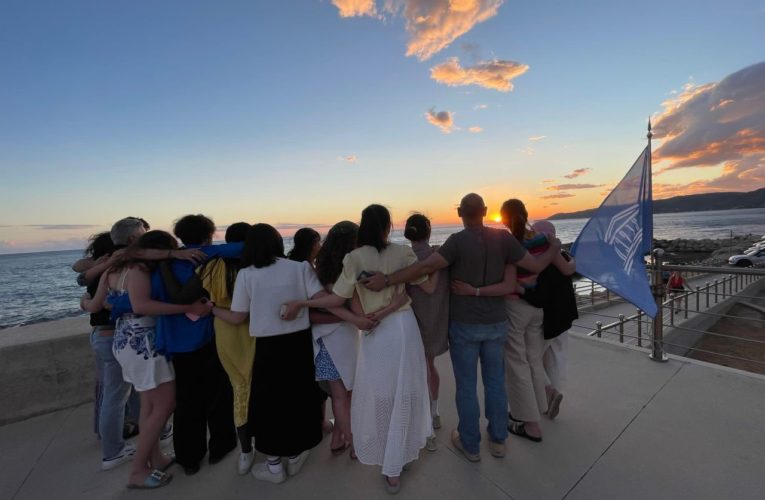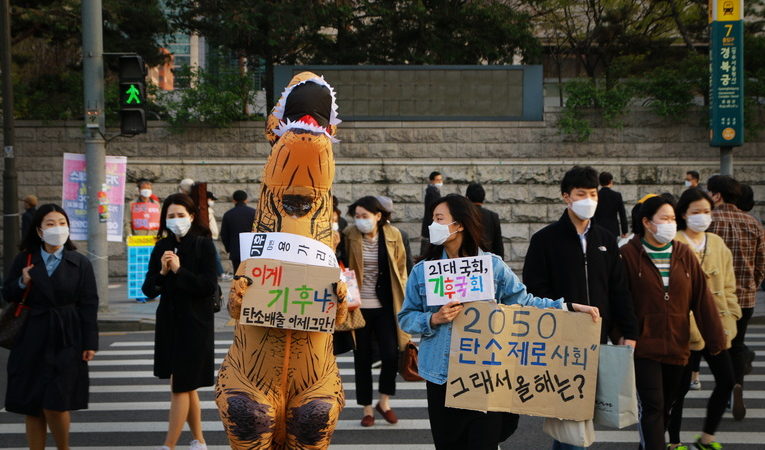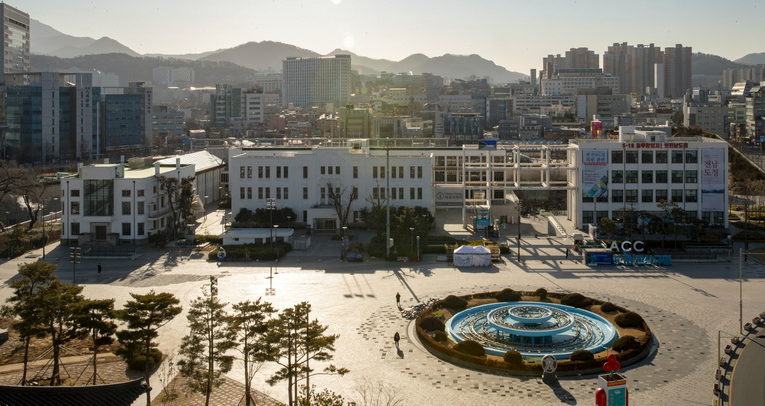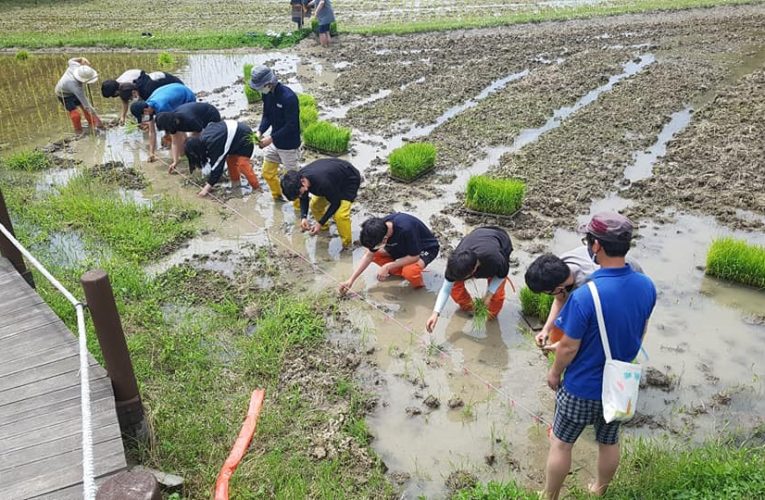Love in the Time of Cholera by Gabriel García Márquez
Gabriel García Márquez was born in Colombia in 1927. He wrote sixteen novels during his lifetime and was awarded the Nobel Prize for Literature in 1982. His novel, Love in the Time of Cholera, was published in 1985. It is not generally considered to be his best work, but it has been acclaimed as his most romantic novel.
The setting is a coastal city in Colombia, and the timeframe covers about sixty years from the later 19th century to the early 20th century. The premise involves the question, “What happens when a young man’s unrequited love is unable to break his spirit?”








